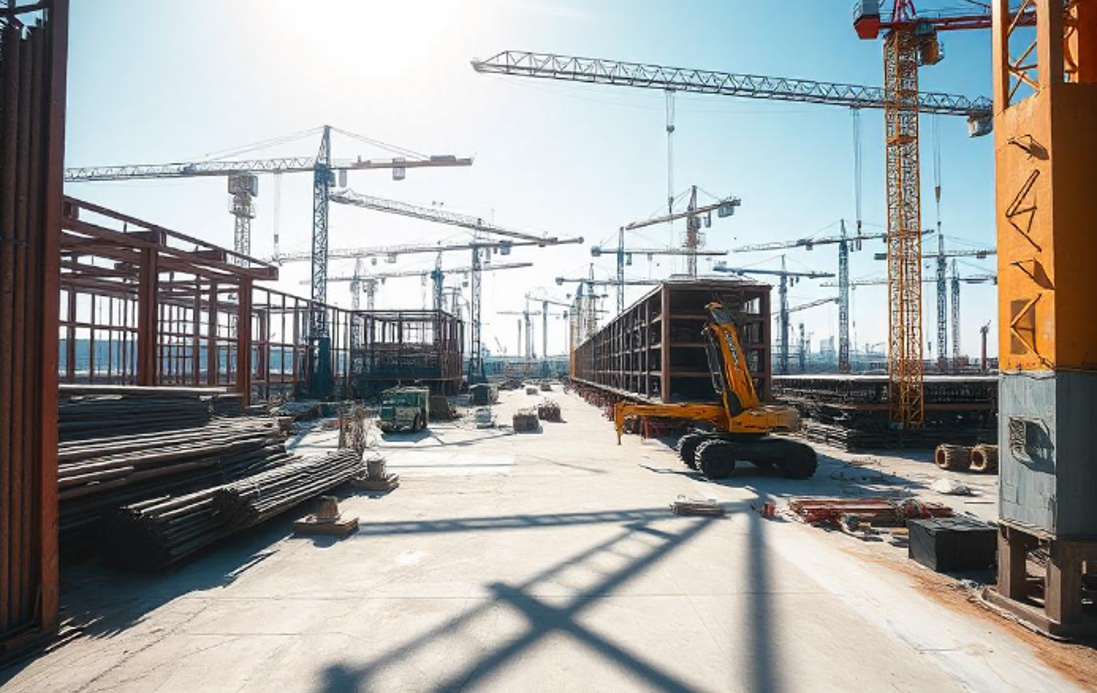#Innovation, #Realestate, #Sustainability, #Technology
Germany’s first 3D printed house was constructed in just 100 hours, with a nozzle printing walls at a speed of 1 meter per second. This innovative home, designed by Mense Korte architects, features 160 square meters of living space, spread over two floors. Even the kitchen island, fireplace, and bathtub were printed. The house uses a double-wall design with insulation between the layers for better energy efficiency.
3D printing in construction is becoming a viable alternative to traditional methods, offering cost savings and reduced waste. For instance, India’s first 3D printed home costs 30% less and cuts waste by 65%. This method also leaves a smaller carbon footprint, contributing to sustainability efforts.
In Texas, a robot named Vulcan constructed six 3D printed houses in two days for a homeless community in Austin. The global 3D printing construction market is projected to skyrocket from $3 million in 2019 to $1.6 billion by 2024, driven by the potential to address the affordable housing crisis.
3D printed houses offer versatile designs, rapid construction, and can be built in remote areas. They can also use recycled materials, minimizing environmental impact. While still an emerging technology, 3D printed homes could significantly change the construction industry by providing sustainable, efficient solutions for housing worldwide.
Check the video here: https://bit.ly/40gYVd5

Book and claim systems could help decarbonize steel and concrete by enabling flexible investments in low-carbon production.
Accessibility Tools